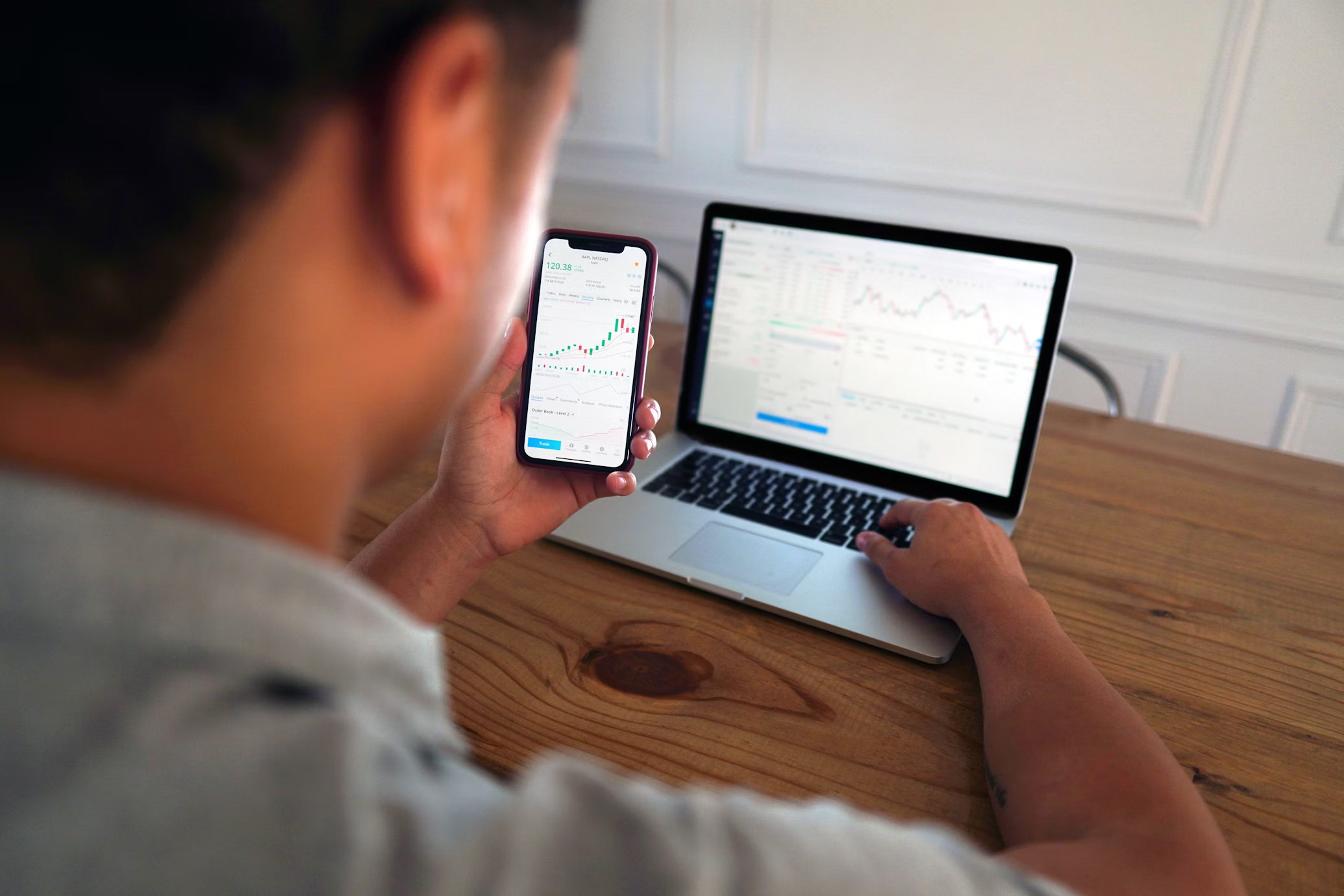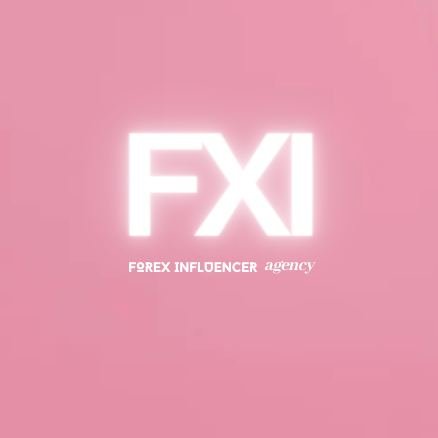Forex Influencers and the Ethics of Promoting Brokers: A Tightrope Walk in 2025

The rise of Forex influencers has undeniably democratized access to the currency markets. From sharing trading strategies to offering motivational pep talks, these online personalities have amassed significant followings. However, with influence comes responsibility, and nowhere is this more acutely felt than in the realm of broker promotion.
In 2025, the relationship between Forex influencers and the brokers they endorse is under increasing scrutiny. The question isn’t just “Who’s leading the charge?” but “Are they doing it ethically?” This delicate tightrope walk has significant implications for both the influencer’s credibility and, more importantly, the financial well-being of their audience.
The Allure of Broker Promotions
For influencers, promoting brokers offers a clear monetization path. This typically comes in a few forms:
- Affiliate Commissions: Influencers earn a commission for every new client they refer to a broker, usually based on the client’s trading volume or initial deposit.
- Direct Sponsorships: Brokers pay influencers a flat fee or ongoing retainer for promoting their services.
- Performance-Based Deals: A hybrid model where payment is tied to the performance of referred clients (e.g., if clients generate a certain amount of trading volume).
For brokers, influencers provide a powerful, seemingly authentic marketing channel, reaching highly targeted audiences who trust the influencer’s recommendations.
The Ethical Minefield: Where Things Can Go Wrong
This symbiotic relationship becomes problematic when ethical considerations are overlooked:
- Undisclosed Affiliation: One of the most glaring ethical breaches is failing to clearly and conspicuously disclose that a promotion is paid or affiliated. Transparency is paramount. If an influencer claims a broker is “the best” without mentioning they earn a commission from sign-ups, it’s misleading.
- Promoting Unregulated or Shady Brokers: The most dangerous ethical lapse. Some influencers, driven by higher commission rates, will promote brokers that are either completely unregulated or regulated in obscure, lax jurisdictions. These brokers often lack client fund segregation, offer unrealistic leverage, manipulate prices, or make withdrawals impossible.
- Prioritizing Commission Over Client Safety: Even with regulated brokers, an influencer might push a broker that offers higher commissions for them, rather than the one that genuinely offers the best conditions, lowest fees, or most suitable features for their specific audience (e.g., beginners vs. advanced traders).
- “Fake” Trading Results: To make a broker seem more appealing or to justify their own “expertise” in using that broker, some influencers might display doctored trading results or unrealistic profit screenshots, enticing followers to sign up.
- Lack of Risk Disclosure: While regulations often require brokers to display risk disclaimers, influencers themselves sometimes downplay or completely omit the inherent risks of Forex trading when promoting a platform. They focus on the potential for gain, not the high probability of loss.
- Pushing High-Leverage Accounts: Higher leverage can mean more trading volume (and thus more commission for the influencer), but it also significantly amplifies risk for the trader. Ethically, influencers should caution against excessive leverage, not encourage it.
The Influence of Regulation in 2025
Regulators globally are becoming increasingly aware of the power of social media and influencer marketing in financial services. In 2025, we’re seeing:
- Stricter Disclosure Rules: More explicit requirements for influencers to clearly state commercial relationships.
- Accountability for Misleading Promotions: Regulators are beginning to hold influencers and the brokers they promote accountable for misleading or predatory advertising.
- Warnings Against Unregulated Entities: Regular public warnings against brokers operating without proper licenses, with a focus on how they use social media to lure victims.
- Educational Campaigns: Regulators are investing in public education to help consumers spot financial scams and understand the risks of unregulated trading.
Ethical Best Practices for Forex Influencers
For influencers who genuinely want to build a credible and sustainable brand, adhering to ethical best practices is non-negotiable:
- Full Transparency: Always disclose affiliate links or sponsored content upfront and clearly (e.g., “Ad,” “Sponsored,” “Affiliate Link”).
- Promote ONLY Regulated Brokers: This is the golden rule. Prioritize brokers regulated by top-tier authorities (FCA, ASIC, CySEC, CFTC/NFA, BaFin). Verify the regulation independently.
- Prioritize Audience Needs: Recommend brokers based on their suitability for different trader levels (beginner, advanced), specific trading styles, fee structures, and available instruments – not solely on commission rates.
- Emphasize Risk Management: Continuously remind your audience about the high risks involved in Forex trading. Include prominent risk disclaimers in your content.
- Be Realistic: Never promise guaranteed returns or portray trading as a “get rich quick” scheme. Share both successes and failures (where appropriate) to show the reality of trading.
- Do Your Own Due Diligence: Don’t just promote a broker because they offer a high payout. Research their reputation, customer service, withdrawal processes, and user reviews.
- Avoid Personal Financial Advice: Unless you are a licensed financial advisor, avoid giving specific financial advice. Focus on education and general market analysis.
Conclusion: Trust is the Ultimate Currency
The rise of Forex influencers presents a powerful new channel for financial education and market access. However, for this ecosystem to truly thrive ethically, influencers must prioritize the well-being of their audience over short-term financial gains from broker promotions.
In 2025, the most reputable Forex influencers will be those who embrace transparency, promote responsible trading practices, and steadfastly guide their followers towards safe, regulated environments. For traders, remember: your trust is the ultimate currency, and you should only invest it in those who earn it through unwavering ethical conduct.
